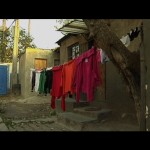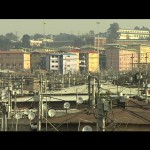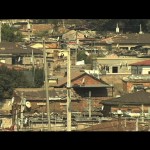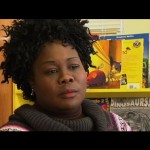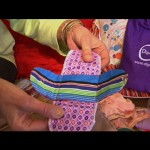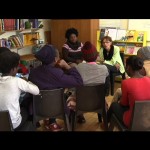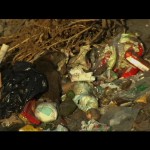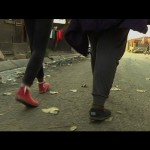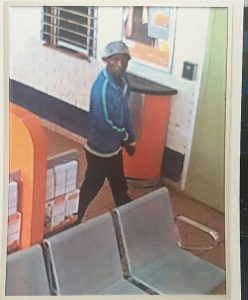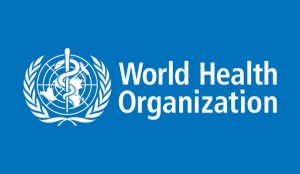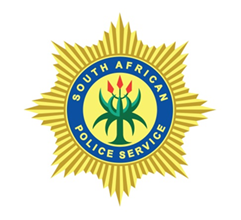In honour of Nelson Mandela Day, Special Assignment visits the impoverished community of Alexandra where Mandela stayed when he first came to Johannesburg in 1941. At just over one square mile, with a population of close to half a million people, it is one of the poorest and most densely populated urban areas in the world.
We speak to a group of girls and a social worker at Rays of Hope, an organisation that works with vulnerable children in Alexandra. They tell us about the challenges of growing up in the area and the inequality between boys and girls. The girls describe Alexandra as a dangerous place overrun by criminals and men who want to rape young girls, a place where people do not care about their environment, which is dirty and overrun with rats.
Above everything, the girls fear being raped and feel uncomfortable with the constant stares of older men and young boys. They are afraid of the unpredictable behaviour of the growing number of desperate nyaope addicts who will do anything to get their hands on the drug. Despite their fear however, all the girls have big ambitions for their future.
Sandra Millar is a woman on a mission. Her NGO, Dignity Dreams, has been endorsed by the Nelson Mandela Foundation. She has devised reusable sanitary pads that last for five years, which she distributes to girls around the country at no-fee-paying schools. She joins a discussion in the girls’ group at Rays of Hope and gives the girls sanitary pads. Sandra says it is common for girls who do not have access to sanitary pads to miss school up to five days of school a month, which equates to a term a year in the most impoverished areas.
Faith Mazibuko, MEC for the Gauteng Department of Social Development, speaks about the range of social problems confronting young girls in Alexandra and some of the interventions her department has in place to deal with them.

